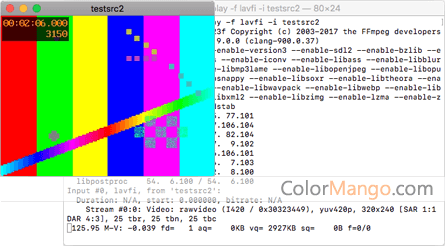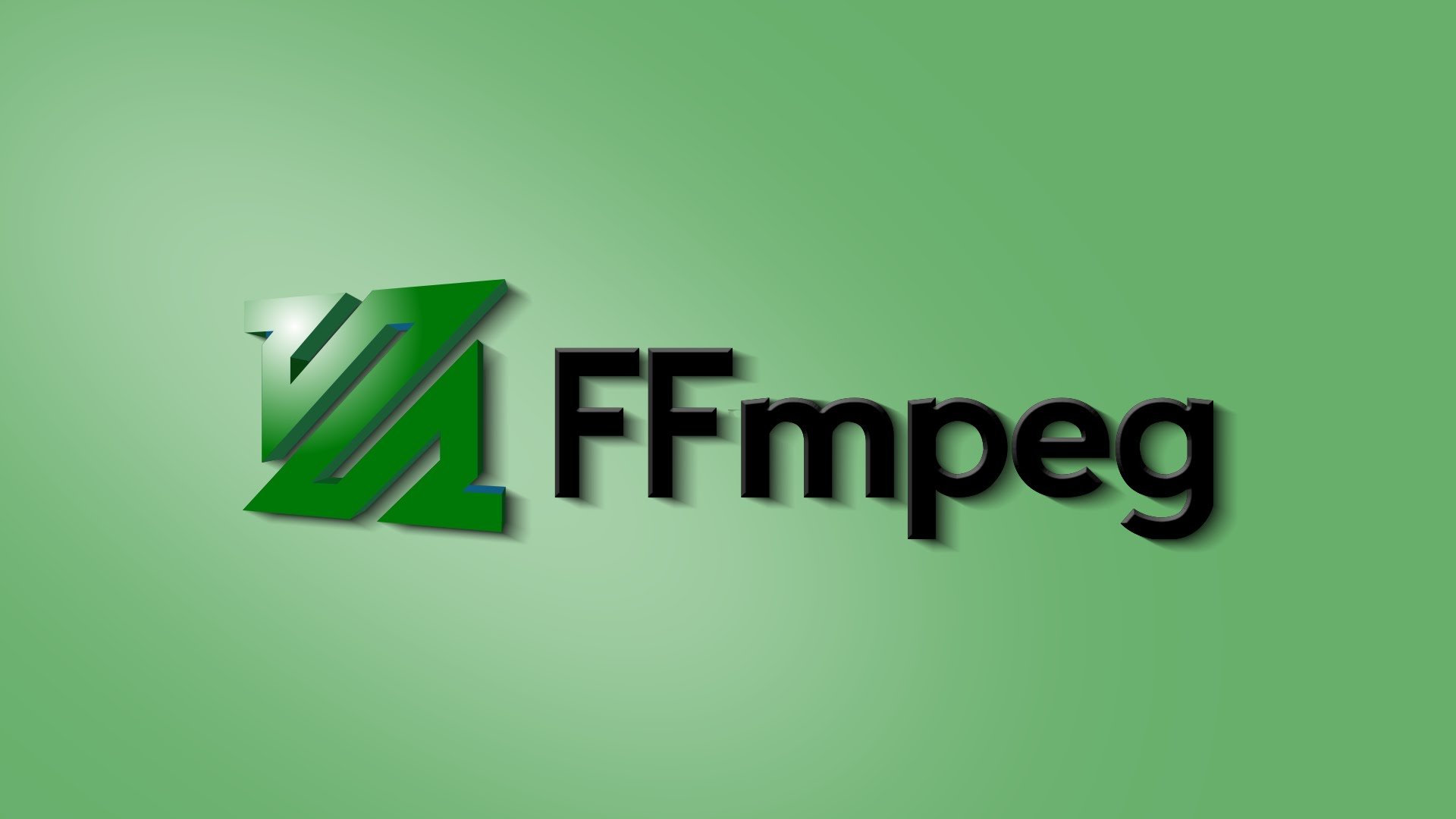
About FFmpegĪccording to FFmpeg's About page, "FFmpeg is the leading multimedia framework, able to decode, encode, transcode, mux, demux, stream, filter and play pretty much anything that humans and machines have created." FFmpeg runs on Windows, Mac OS X, Linux, and a wide variety of other build environments and is incredibly useful for a broad range of activities.įor example, I learned FFmpeg to support the experimentation that went into my book, Video Encoding by the Numbers: Eliminate the Guesswork From Your Streaming Video, which involved thousands of encodes to identify the optimal encoding parameters for H.264, HEVC, and VP9. Note that you can download the scripts shown in this article.


Most of the new additions fall into the advanced category and won't affect what's shown in this tutorial. To celebrate and to help introduce new users to the power and ease of FFmpeg, I created this entry-level tutorial for single and two-pass encoding with FFmpeg.įor the record, many of the major changes to FFmpeg were at the application programming interface level, so if you're driving the program from the command line, you'll see little difference. Thankfully, Lorenz didn't "break" any of the command strings that I tested from my FFmpeg book, Learn to Produce Video With FFmpeg: In Thirty Minutes or Less, or courses, so hopefully, it won't break existing command strings for other users. The decision between these 2 should be made by usingĪVCodecContext.On January 17, 2022, FFmpeg released FFmpeg 5.0, called Lorentz. Values should trigger error concealment code and the decoder/demuxer should OTOH if possibly damaged data is assumed and it is assumed that the originalĭid contain specific values in reserved/unused fields then finding unexpected This means that if undamaged data is assumed then unused/resereved values Should be made so that the output quality is maximized. * The decision between erroring out or not in case of unexpected data Int (*decode)(AVCodecContext *, void *outdata, int *outdata_size,Ĭonst AVRational *supported_framerates ///array of supported framerates, or NULL if any, array is terminated by Int (*encode)(AVCodecContext *, uint8_t *buf, int buf_size, void *data) The first thing to look at is the AVCodec struct. Registering the codec libavcodec/avcodec.h


 0 kommentar(er)
0 kommentar(er)
